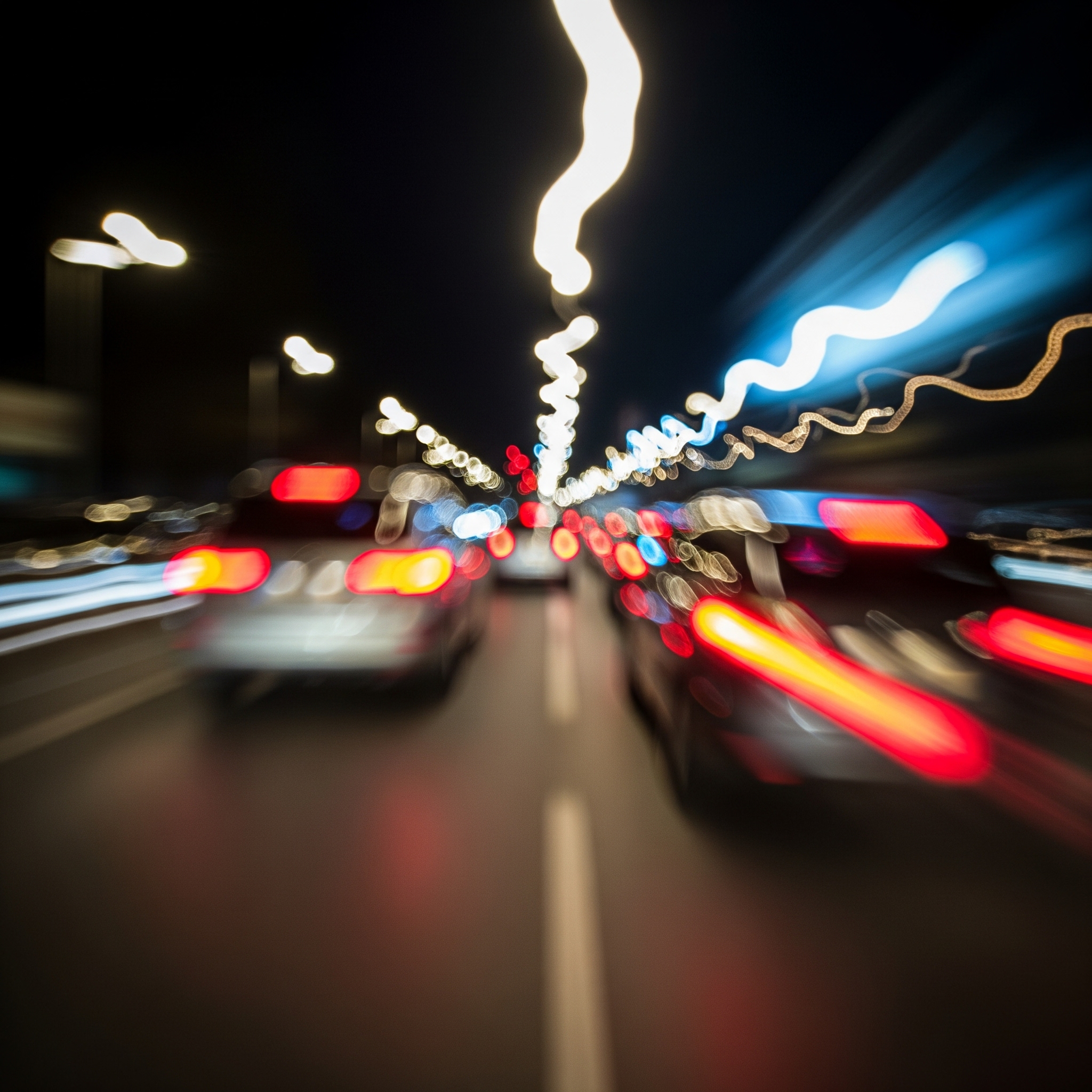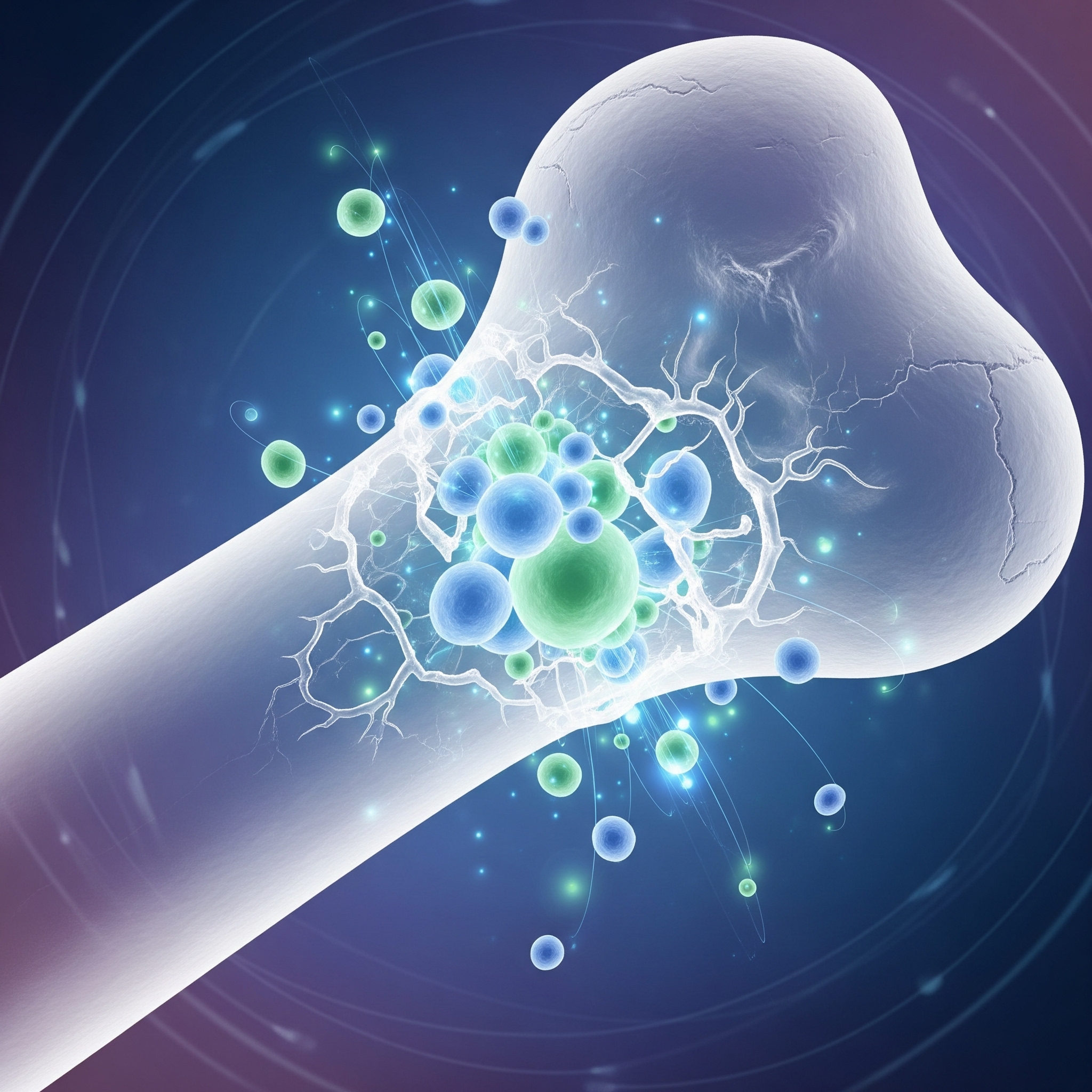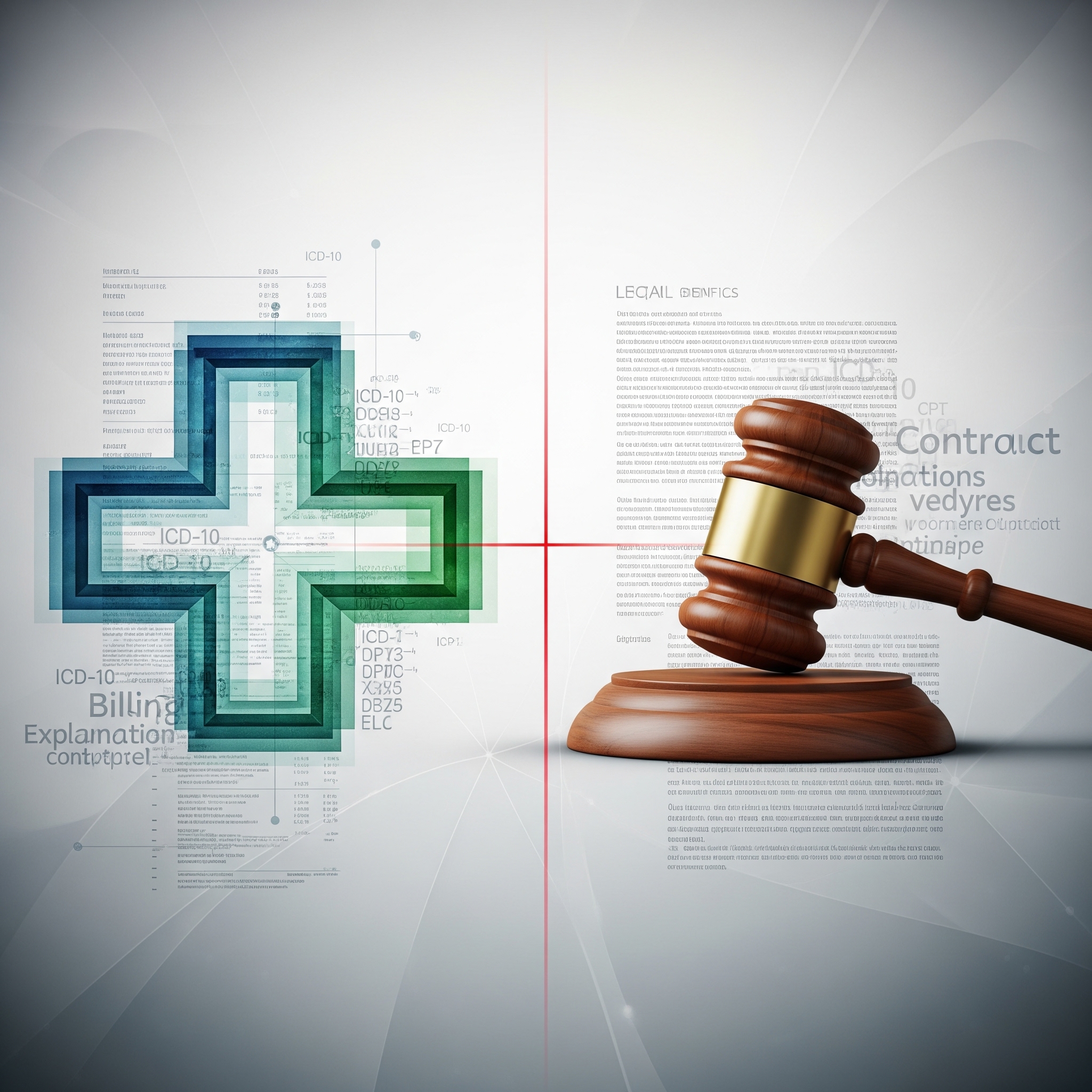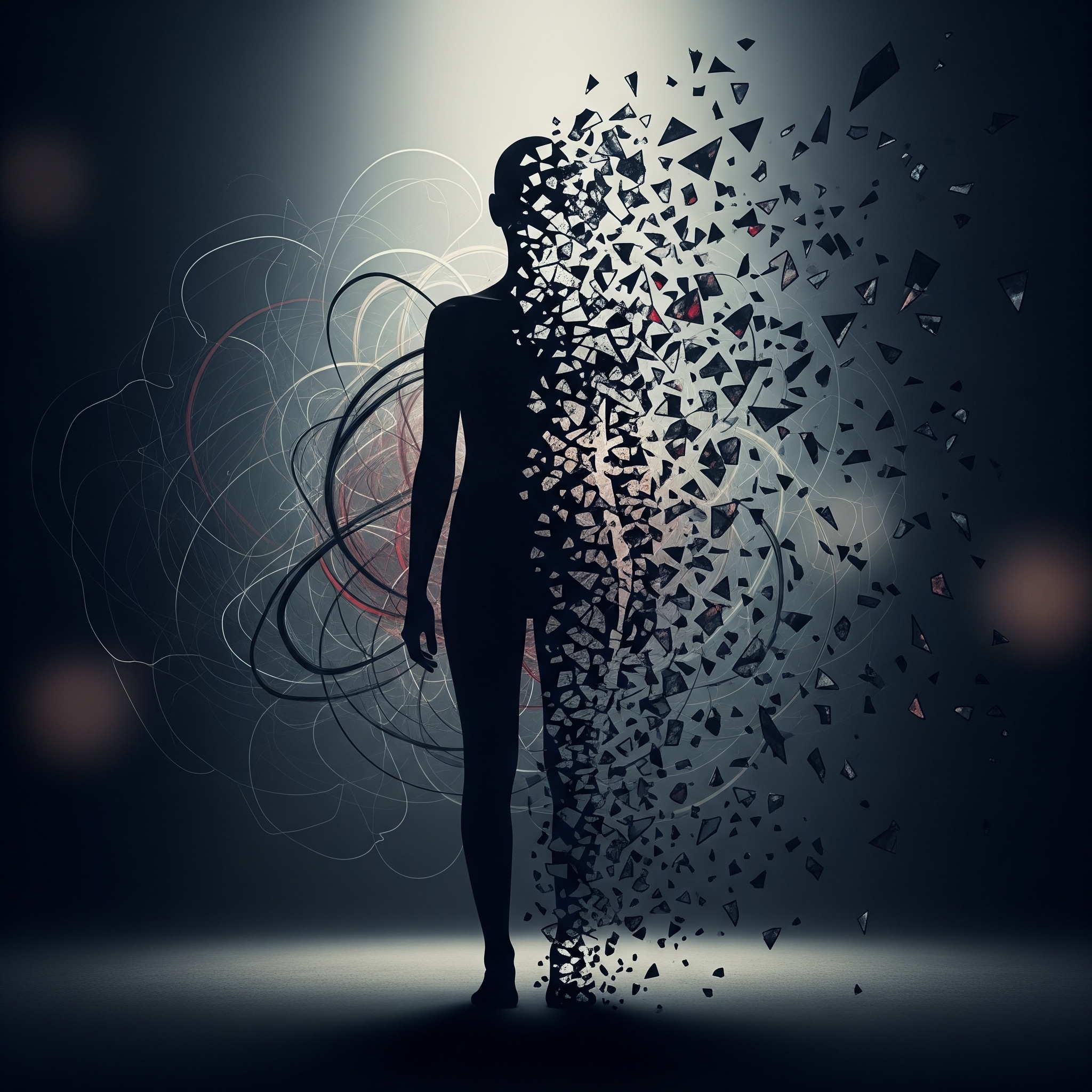When a driver gets behind the wheel after drinking, they make a conscious decision to endanger every single person on the road. The result is not an “accident”—it is a predictable and preventable act of negligence. The devastation caused by this choice is staggering, and the statistics from the National Highway Traffic Safety Administration (NHTSA) reveal the scale of this national crisis.
According to the NHTSA’s official data on drunk driving, a person in the United States dies in a drunk-driving crash every 42 minutes. These crashes account for nearly one-third of all traffic fatalities, claiming thousands of lives and leaving countless others with catastrophic, life-altering injuries.
For the victims and their families, the path to justice is fraught with challenges. While the drunk driver will face criminal charges, the criminal case does not compensate the victims for their medical bills, lost wages, and profound suffering. That is the purpose of a civil personal injury lawsuit.
Why a Drunk Driving Case is Different
A civil case against a drunk driver is fundamentally different from a standard car accident claim. The driver’s intoxication is a powerful factor that an experienced attorney can leverage to build the strongest possible case for the victim.
- Establishing Negligence is Clearer: Proving that the driver was operating a vehicle over the legal limit is a clear and powerful demonstration of negligence. Evidence from the criminal case, such as breathalyzer results or police testimony, becomes critical evidence in your civil claim.
- The Potential for Punitive Damages: In California, when a defendant’s conduct is particularly reckless or malicious, a jury can award punitive damages. The purpose of these damages is not just to compensate the victim, but to punish the wrongdoer and deter similar behavior in the future. A drunk driver’s conscious decision to risk the lives of others often meets this standard, which can significantly increase the value of a settlement or verdict.
- Third-Party Liability (Dram Shop Laws): In some cases, other parties may also be held liable. For example, if a bar or restaurant knowingly over-served a visibly intoxicated person who then caused a crash, they too could be held responsible.
The injuries in these cases are often severe, involving traumatic brain injuries and other catastrophic harm. In the most tragic situations, a family is left to grieve the loss of a loved one. Filing a wrongful death lawsuit is a way to secure the family’s financial future and achieve a measure of justice for an incomprehensible loss.
The statistics from the NHTSA are a stark reminder that the choice to drink and drive has devastating real-world consequences. When you or someone you love becomes a victim of that choice, you need an advocate who will fight relentlessly to hold the drunk driver fully accountable for their actions.
Contact Manoukian Law for a free and confidential consultation to learn how we can help you get the justice you deserve.





